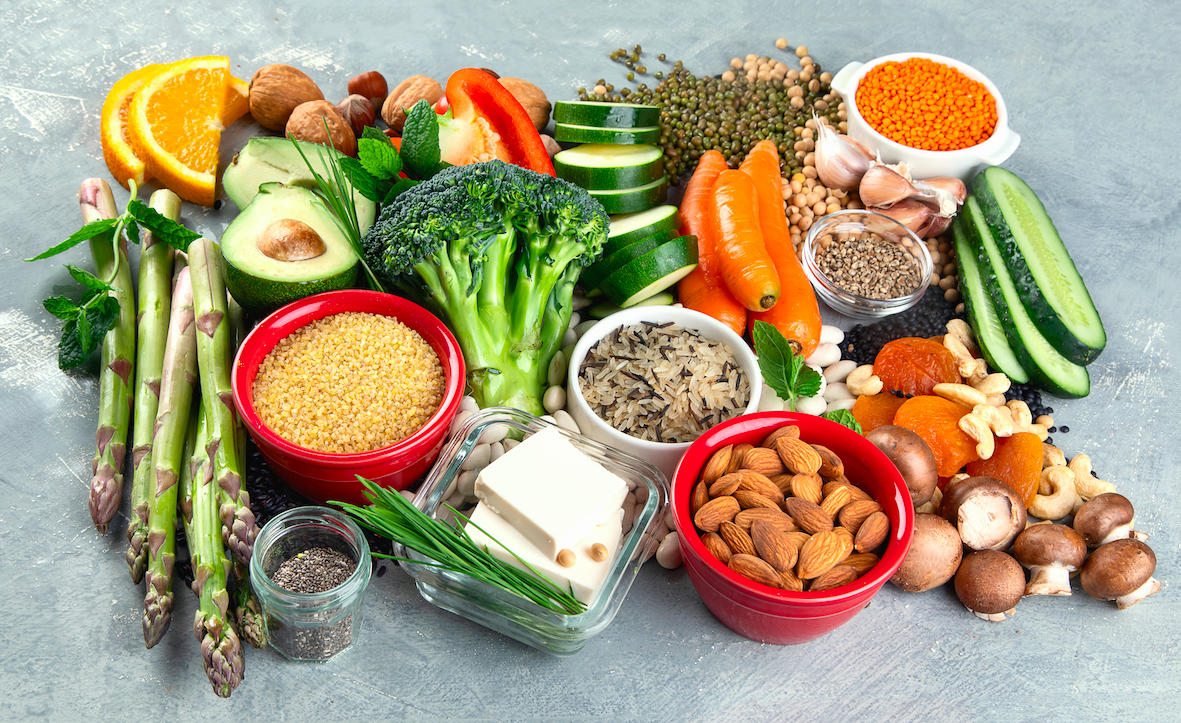
Low back pain is more complex than it might appear on the surface. Many conditions can be responsible–as we discussed in our first post–and there are also numerous potential factors that could play a role in the development of pain, some of which are known and others that are still being investigated. But one variable that is known to definitively contribute to low back pain is inflammation.
Inflammation is a sign that the immune system is working effectively and protecting the body from potential threats. But too much inflammation could be a sign of other issues at work, and it can lead to a variety of damaging effects when it continues unabated, one of which is pain. For this reason, taking certain supplements and eating foods that are known to fight inflammation is not only a great approach for overall health, but it may also be an effective weapon for alleviating your low back pain.
With this in mind, here are some anti–inflammatory nutritional supplements and food items/groups that you may want to consider adding to your diet.
Anti–inflammatory nutritional supplements
- Omega–3 fatty acids: these chemicals, which are found in fatty fish and an abundance of other foods, are regarded as one of the best fighters of excessive inflammation in nature; for those who donât like to eat fish, fish oil or omega–3 fatty acid supplements can be taken instead, and research has shown that these supplements are effective for reducing disc degeneration
- Devilâs claw: devilâs claw is an herb derived from native African plant called Harpagophytum procumbens; the active ingredient in devilâs claw, harpagoside, decreases swelling and inflammation, and one comprehensive study called a Cochrane Review found that taking it on a daily basis can reduce back pain and the use of pain medications
- Bromelain: bromelain is an enzyme found in pineapples that has been used for its medicinal purposes for centuries; studies have shown that strong anti–inflammatory properties, which could translate to less back pain
- Capsaicin and comfrey: capsaicin is the chemical responsible for the sensation of heat in hot peppers, while comfrey is an herb derived from a flower; both are available as topical creams and are believed to alleviate pain through mechanisms other than fighting inflammation; research has shown that both comfrey and capsaicin may be effective for tackling back pain
A plant-based diet is best for lowering inflammation and reducing back pain
Nutritional supplements may be a helpful tool to fight inflammation and reduce your low back pain, but they are called supplements for a reason. To effectively manage your inflammation levels, you need to also adhere to a diet thatâs loaded with anti–inflammatory foods while avoiding foods that increase inflammation as much as possible. One of the easiest ways to accomplish this is by following a diet that is based primarily on plants, as fruits and vegetables–especially those that are dark in colors like green, red, orange, and blue–is extremely effective for reducing inflammation.
Several studies have also found that clogged arteries supplying blood to the spine could be another important factor that likely contributes to several low back pain conditions. Since clogged arteries and some other blood conditions are known to be related to oneâs diet, itâs been suggested that following a plant-based diet can help address these issues and alleviate some causes of low back pain in the process. Thus, a plant-based diet could be doubly effective for treating low back pain.
Plant–based diets can be easily customized depending on your tastes and preferences, but here are a few suggestions to consider:
- Aim to eat lots of dark green vegetables, which are all great at fighting inflammation, especially kale, spinach, and broccoli
- When selecting other fruits and vegetables, always remember that darker usually means more anti–inflammatory properties; some great options include carrots, beets, sweet potatoes, cherries, berries, and pomegranates
- Add lots of herbs and spices to your food, particularly basil, cinnamon, ginger garlic, oregano, and onions, all of which are anti–inflammatory
- Cook with olive oil and or add it to your foods
- Try drinking herbal and green, white, and oolong teas
- Try to avoid processed foods, fast foods, foods high in saturated fats, which increase inflammation (eg, white bread, pasta, and rice, and sugary drinks and snacks)
Diet is a major component of good overall health, and taking control of it could make a difference in your back pain, yet some pain will persist even when following an optimal diet. Read our last post of the month for a look into what physical therapy can do for low back pain that fails to improve.
Disclaimer: Physical therapists are not licensed to provide nutrition recommendations, and this post is intended for informational purposes only.
